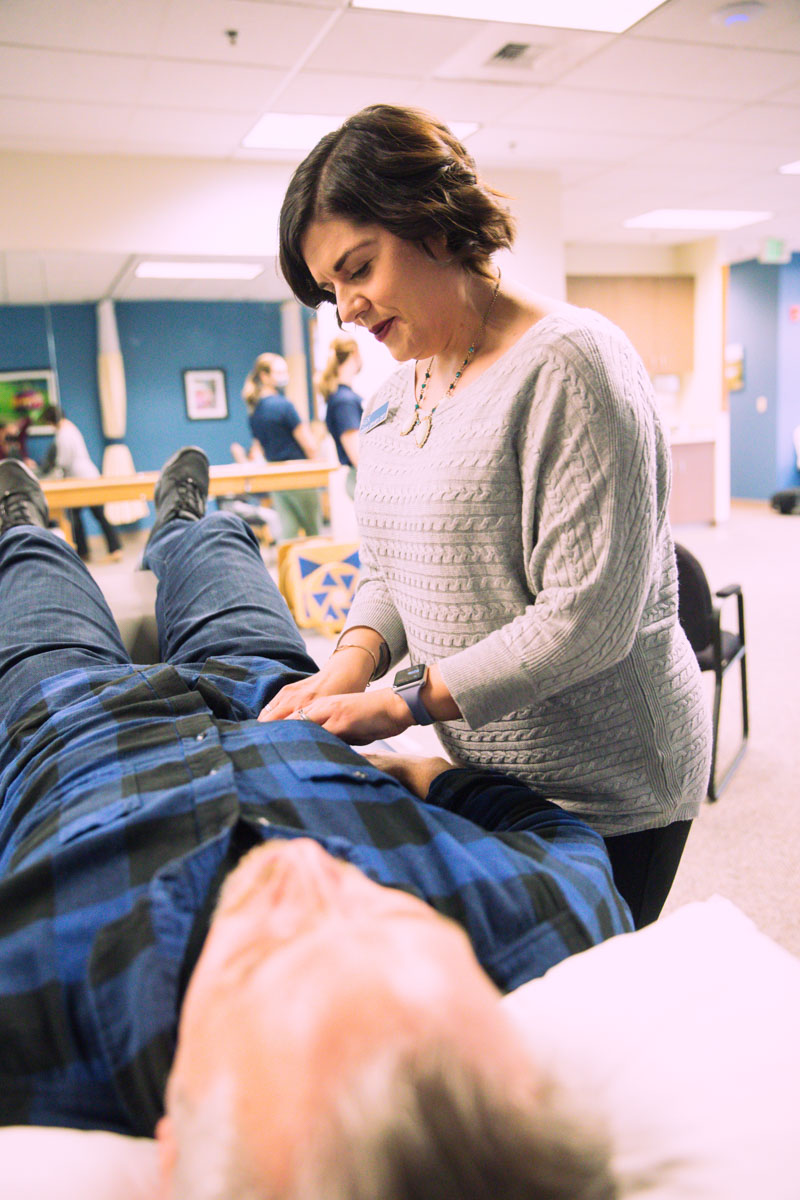Pelvic Floor Therapy
Therapy for Everyone
Pelvic floor disorders can contribute to a number of conditions including urinary and fecal incontinence, constipation, elimination dysfunctions and a number of pain syndromes. At Flex we understand how much these affect your life and offer a comprehensive approach to treatment in a confidential, comfortable environment.
Incontinence (loss of bladder or bowel control)
Urinary and fecal incontinence are often the result of pelvic floor weakness which can occur in association with low back and hip conditions. In women this may also be associated with childbirth or menopause. Men may experience urinary incontinence following prostate surgery. Proper exercise of the pelvic floor muscles can dramatically improve, even cure, this condition. Biofeedback provides patients with a visual picture of how well the muscles are working to assist with learning the exercises and making them more effective. Dietary and lifestyle changes are also considered.
Bowel Problems
Chronic constipation and elimination dysfunctions such as outlet obstruction often involve pelvic floor muscle tension and an inability to coordinate muscle action. These conditions can be improved with visceral manipulation, pelvic floor relaxation and muscle re-training.
Pelvic Pain
Anyone can experience pelvic pain in association with conditions such as pelvic muscle tension, pudendal neuralgia, interstitial cystitis, or post surgical restrictions. Muscle and joint problems in the low back, sacroiliac joints and hips can also affect pelvic floor muscles and contribute to pain. Women may also experience vulvadynia, vestibulits, vaginismus, or dypareunia (pain with sex,) while men can have pain from chronic prostatitis. Treatment consists of a variety of techniques such as therapeutic exercise, manual therapy including visceral manipulation, myofascial and trigger point release as well as biofeedback, electrical stimulation, and ultrasound.
Coccydynia or tailbone pain
Coccyx pain can result from childbirth injury, a fall or other trauma. This is treated in conjunction with the pelvic floor, sacroiliac joints and other pelvic dysfunction.
Pediatric Pelvic Floor Therapy
Even the youngest of us have a pelvic floor, and we are equipped to help with things like voiding dysfunction, persistent constipation, urinary and fecal incontinence, and nighttime wetting. It is important to know a parent or guardian must be present for the duration of all appointments with patients under the age of 18. Many patients and parents wonder what to expect with this type of therapy. We will discuss the onset of symptoms as well as asking many questions about the child’s school and home routine. Strength and coordination testing are likely to determine the best plan of care for each patient. It is important to note that we do not perform internal pelvic floor muscle assessments during our pediatric pelvic health sessions. We would be happy to discuss this or answer any questions you may have at your first visit.



